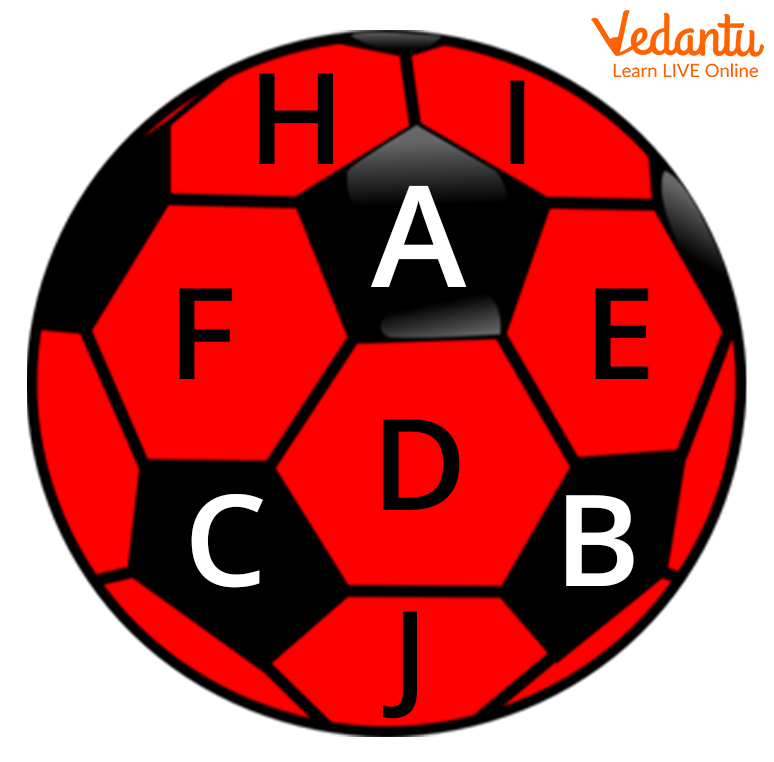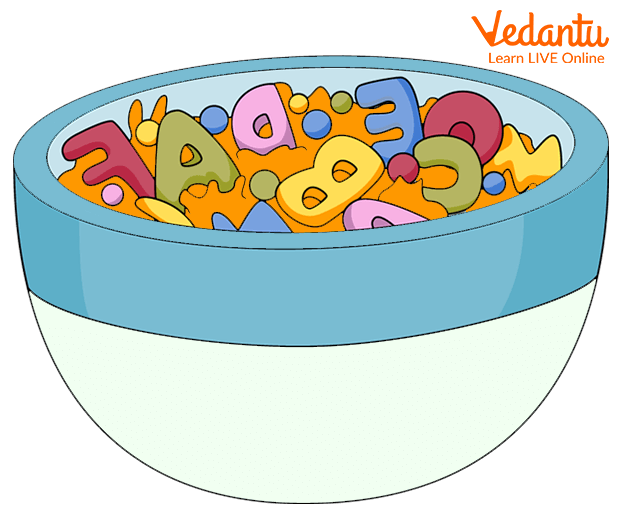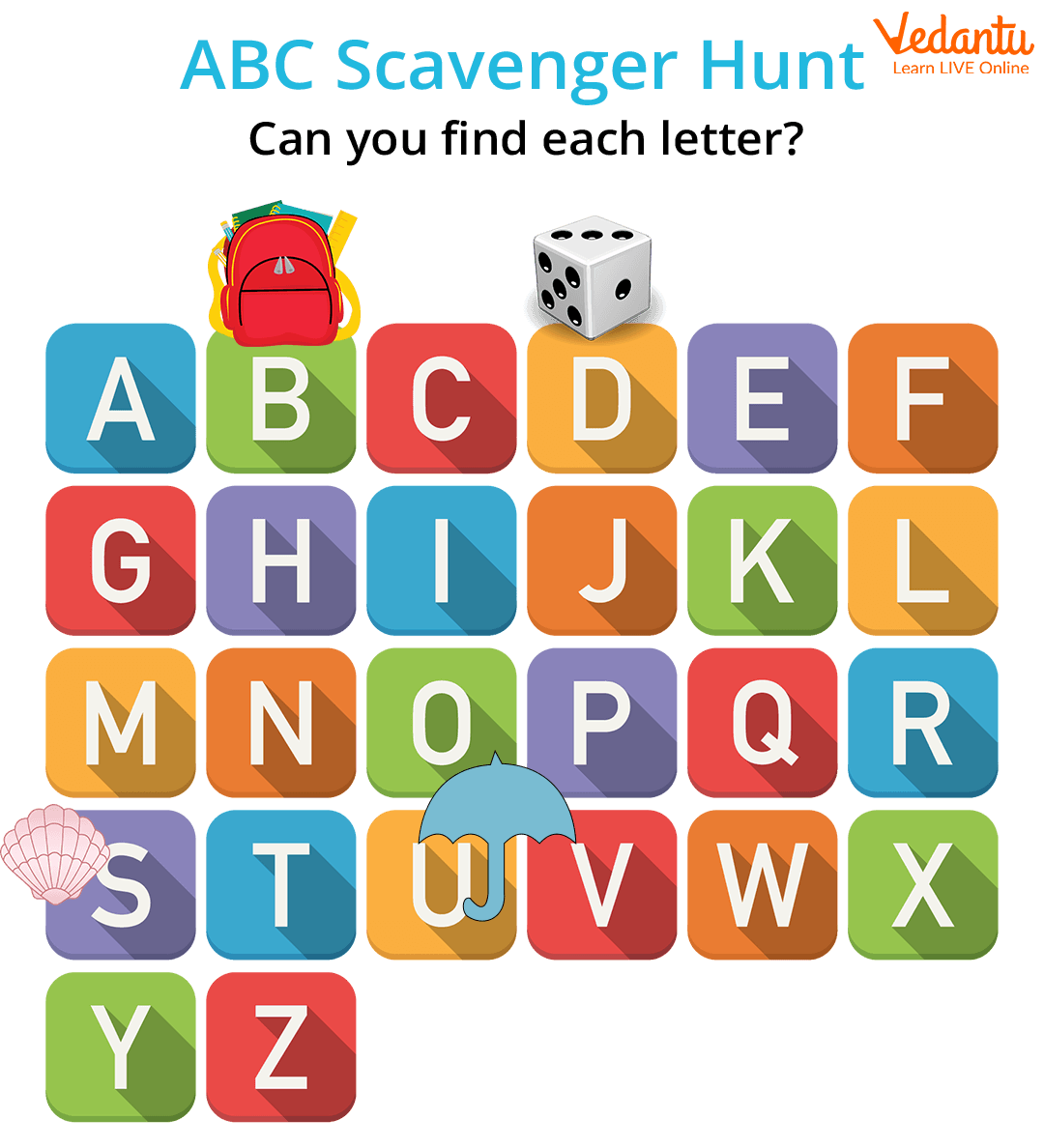




How Interactive Alphabet Games Help Kids Learn Faster
To help with letter recognition, experts advocate introducing your child to letters early and regularly. Once your kid has mastered the recognition of each letter of the alphabet and its matching sound, they can go on to the more difficult task of recognizing full words and their sounds, both of which are critical components in the development of essential reading abilities.
Alphabet activities are a great method for your youngster to become more familiar with letters, both visually and verbally. Your child will enjoy learning in a variety of ways without even noticing it since it will exercise both fine and gross motor skills and provide a wonderful opportunity for sensory play.
You can begin by introducing your youngster to basic ABC Learning activities, which introduce the letters in a fun way. When the children are introduced to the noises, these activities improve both visual and aural recognition. The next logical step is to introduce tracing activities and alphabet writing games so that your youngster can practise writing each letter. For young children, our activities are entertaining and engaging, and they provide a stress-free approach to learning how to write the alphabet.
So, let's have a look at simple and enjoyable alphabet games you can play with your child at home right now!
Beach Ball Alphabet Game
An inflatable beach ball and a sharpie marker are all you'll need for this game. Toss the ball to your child and write each letter of the alphabet on it at random. Request that they identify the letter that is closest to their left thumb. They must transmit the ball to the next individual who must do the same. Ask them to state the number closest to their right pinky finger as an added challenge, adding an extra finger for each subsequent round.

Beach Ball Alphabet Game
Alphabet Soup
Playing Alphabet Soup is a great method to introduce your child to the alphabet. This game can be played in a variety of ways, but the original version only requires toy alphabet letters and a large kitchen pot. Simply drop the letters into the pot and let your child play with them, stirring the "soup" with a spatula or practising scooping up the letters with measuring cups while naming each letter. You can even do this in the bath with some tiny bowls and waterproof lettering. With so many options, you can easily change up this alphabet game to keep it interesting for your kids.

Alphabet Soup
Alphabet Scavenger Hunt
Scavenger hunts are enjoyable for people of all ages! Begin by writing each letter of the alphabet on a separate sheet of paper and scattering them across the floor. Request that your youngster collect items that begin with each letter and arrange them on the appropriate paper. Start with groups of five letters for younger children. If you're working with older kids, set a time limit for each letter.

ABC Scavenger hunt
Scrabble Matching Game
Make a set of basic images that start with each letter of the alphabet. Ask your child to match the first letter tile to each image using a set of scrabble tiles. Ask them to use the scrabble tiles to spell out the image's name for a more complex variation.
ABC Jelly Letter Hunt
This is a beautiful sensory alphabet game for individuals who are willing to get their hands dirty. Prepare a batch of Jelly ahead of time, then drop alphabet letters into the mixture and put it aside. Your child's task is to "search" for all of the alphabet letters and name them as they come across them. You could even find yourself singing along to the tune of "We're going on a bear hunt!"
Alphabet Puzzles
The alphabet puzzle is another excellent activity for learning letters. Because children can touch and manipulate letters as well as see them in 3D, puzzles are ideal for kinesthetic and visual learners. For audio learners, speak the letter loudly and have your child say it once they've placed it in the correct spot.
FAQs on Alphabet Game for Kids: Discover Letters Through Play
1. What exactly are alphabet games?
Alphabet games are fun, interactive activities designed to help young children learn the letters of the alphabet. Instead of just memorising, these games use play, puzzles, and songs to teach letter recognition, the sounds letters make, and how to write them. They make learning feel like playtime.
2. What is the main purpose of playing alphabet games with kids?
The main purpose of alphabet games is to make learning the ABCs an enjoyable and engaging experience. When children have fun, they are more motivated to learn and remember information better. These games build a strong foundation for future reading and writing skills by making letters familiar and less intimidating.
3. What are some simple examples of alphabet games for preschoolers?
There are many easy alphabet games you can play. Some popular examples include:
- I Spy: Say "I spy with my little eye, something beginning with the letter B," and have your child guess an object like "ball" or "book."
- Alphabet Hunt: Hide letter cards or blocks around the room and have your child find them.
- Letter Matching: Use flashcards to match uppercase letters (A) with their lowercase partners (a).
4. How do alphabet games help a child learn letter sounds, not just the names?
Many alphabet games are designed specifically for phonics. For example, a game might ask a child to find all the objects that start with the "ssss" sound (like 'sun' or 'snake'), which teaches them the sound of the letter S, not just its name. This connection between a letter's shape and its sound is a critical step for learning to read.
5. At what age should a child start playing alphabet games?
You can introduce simple alphabet games to children as early as 2 or 3 years old. At this age, the focus should be on playful exposure, like singing the ABC song or pointing out letters. As they get closer to 4 or 5 years old (preschool or kindergarten), you can introduce more structured games involving letter sounds and matching.
6. Besides learning letters, what other skills do alphabet games develop?
Alphabet games are great for developing a wide range of skills beyond just literacy. They can help improve:
- Fine Motor Skills: From holding letter blocks or drawing letters in the sand.
- Memory and Concentration: By remembering letter shapes and sounds in matching games.
- Social Skills: When playing with others, they learn about taking turns and cooperating.
- Cognitive Skills: Such as problem-solving and critical thinking.
7. How can I make an alphabet game at home without buying anything?
You can easily create alphabet games using household items. For example, you can write letters on pieces of paper for a letter hunt, use your finger to "write" letters on each other's backs and guess what they are, or go on a walk and find objects that start with each letter of the alphabet, from 'A' for 'ant' to 'Z' for 'zebra crossing'.





















